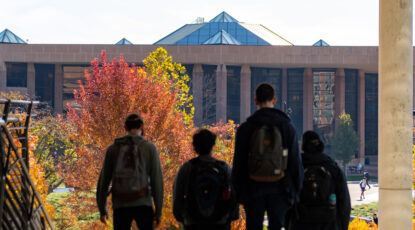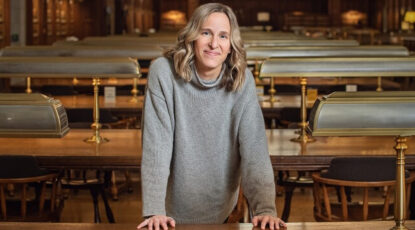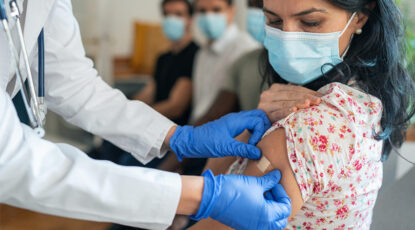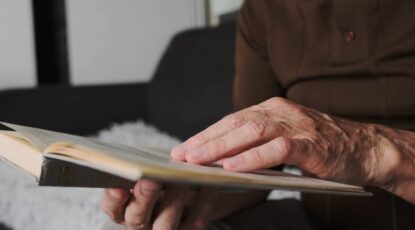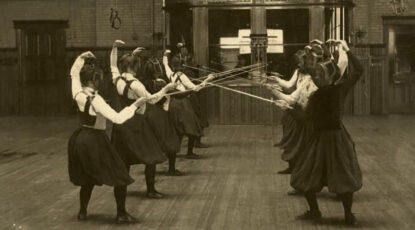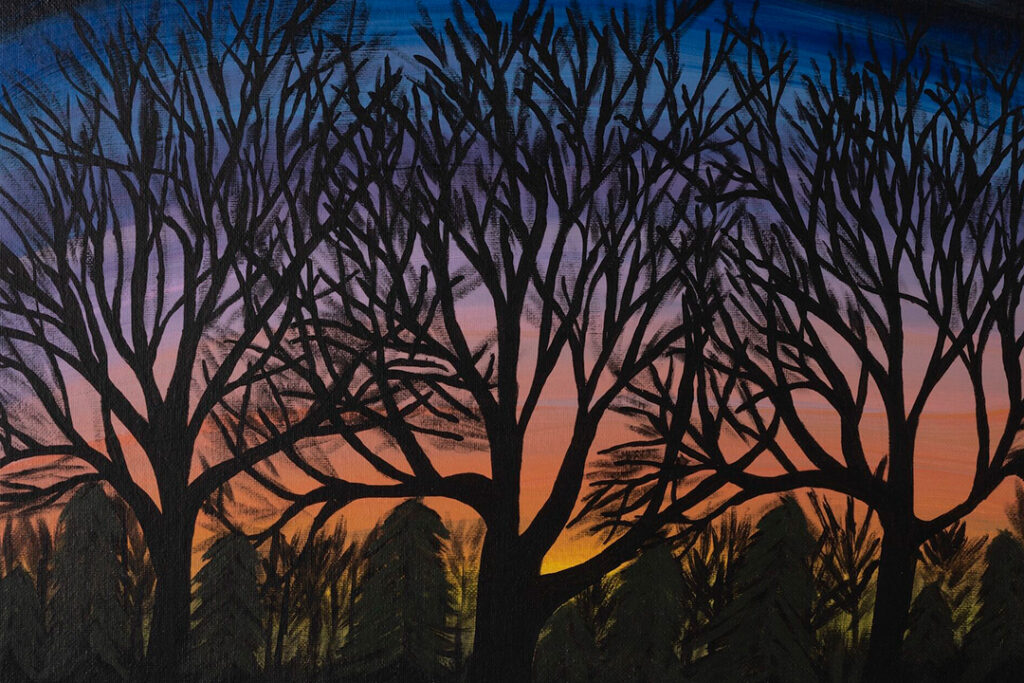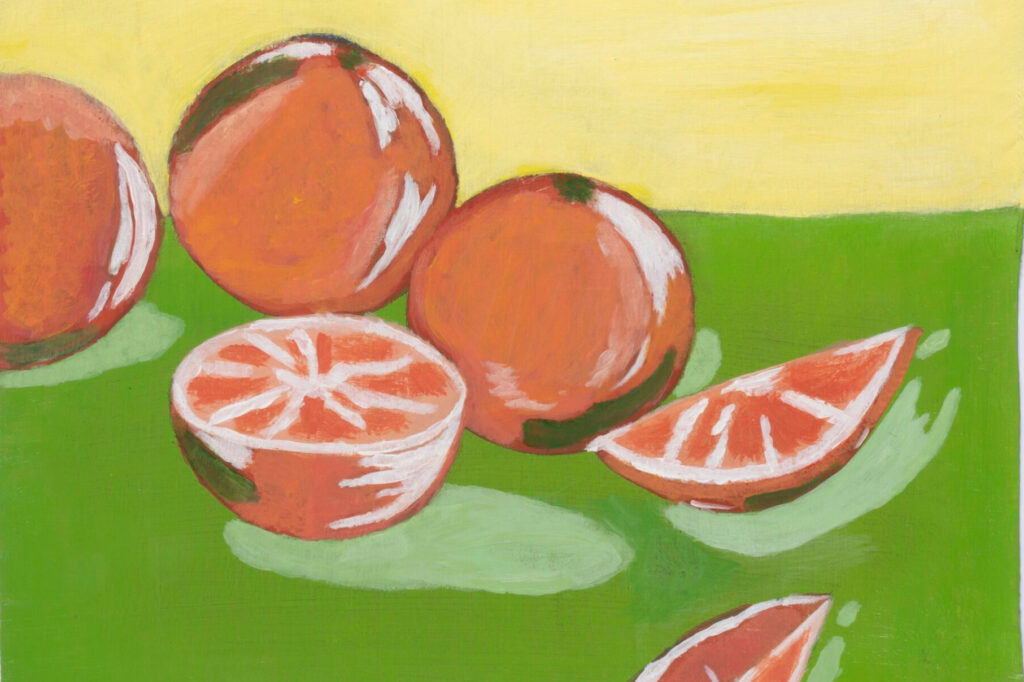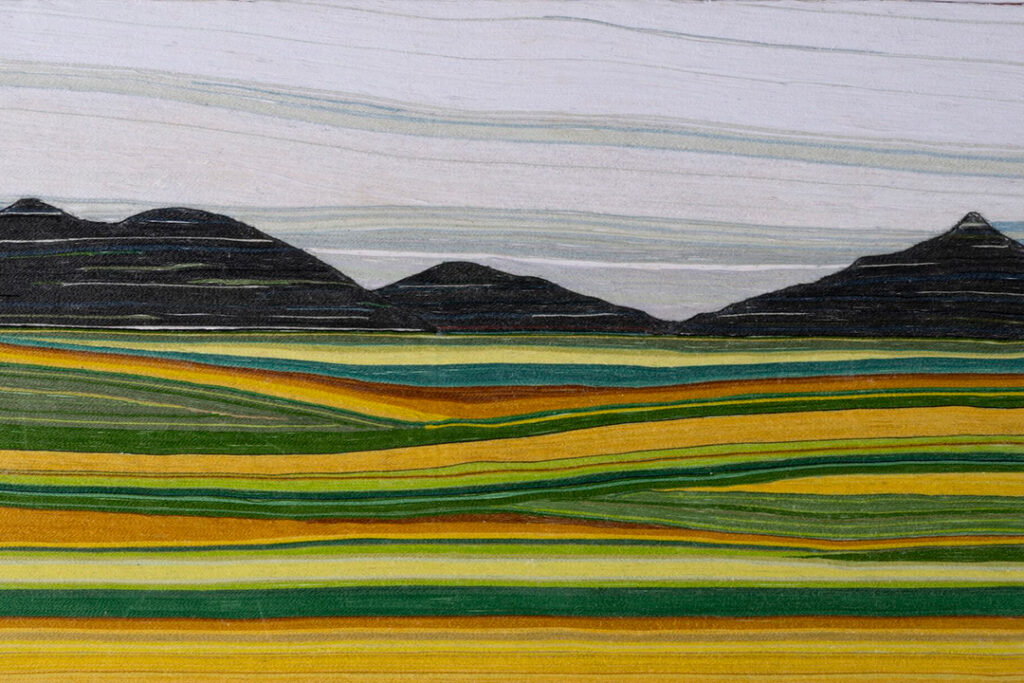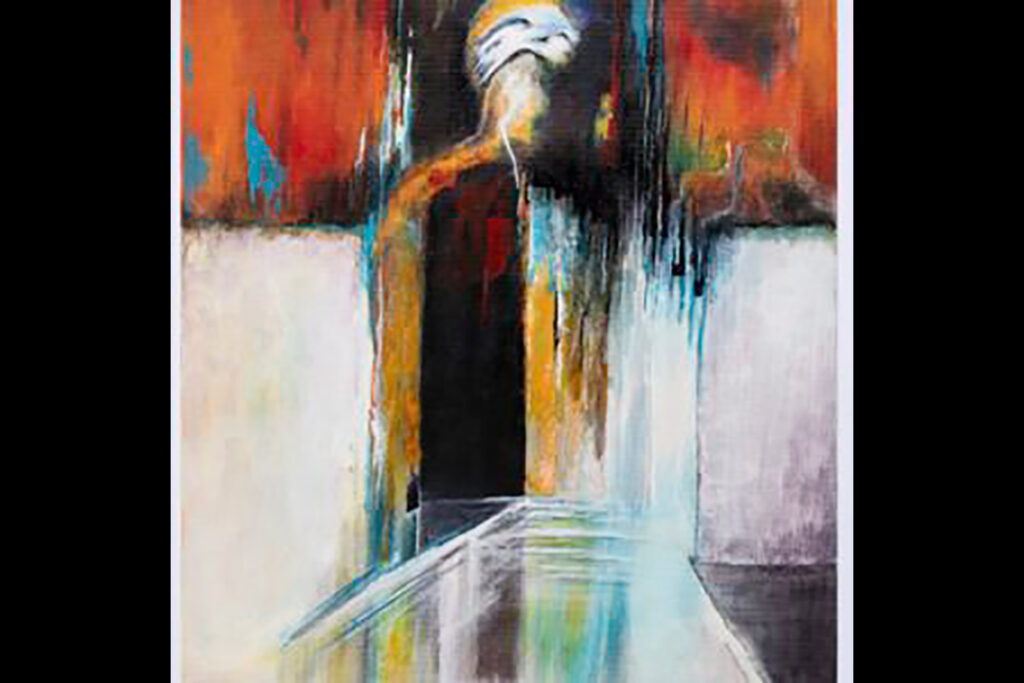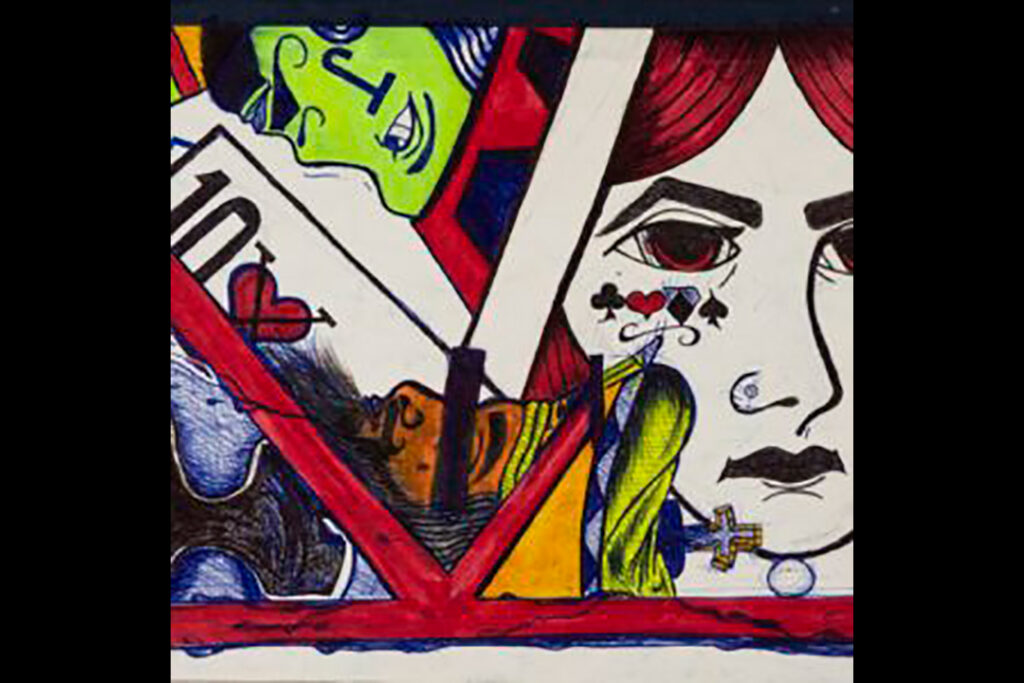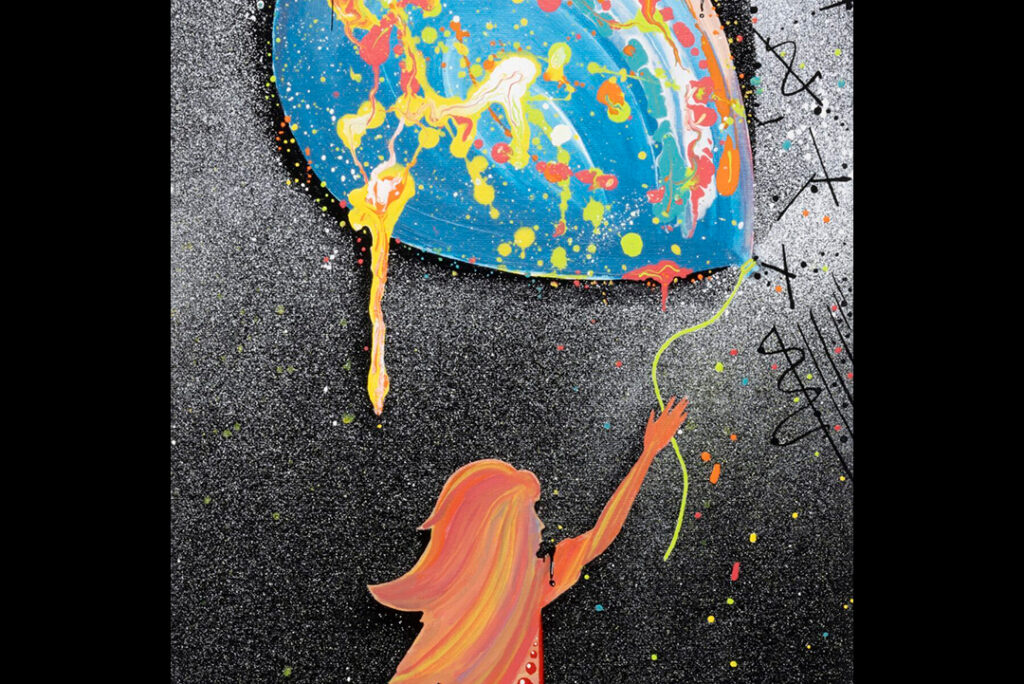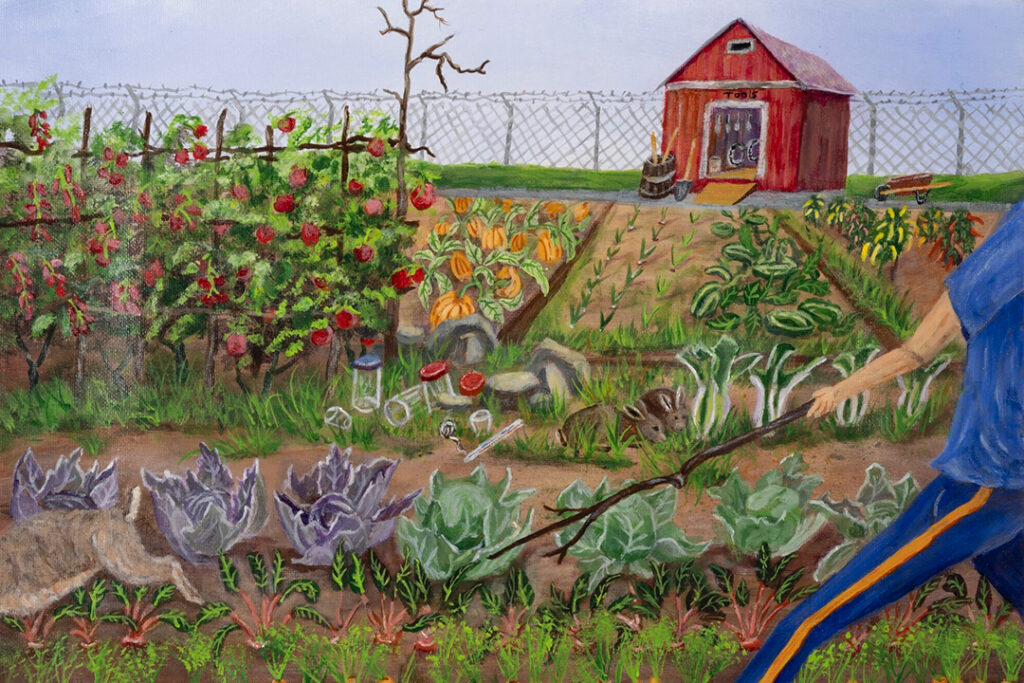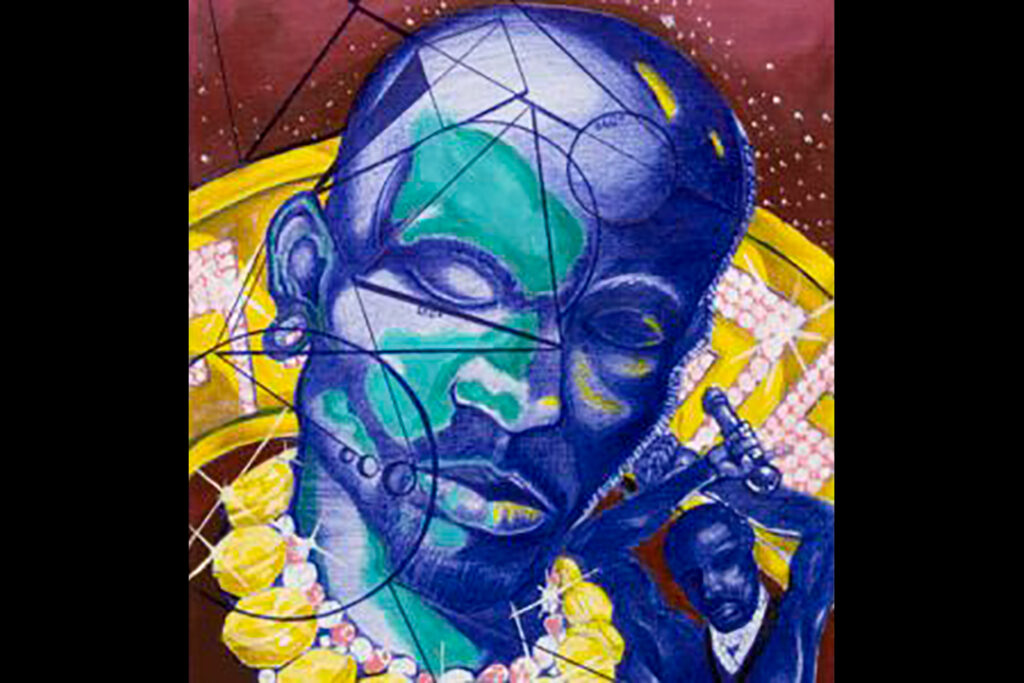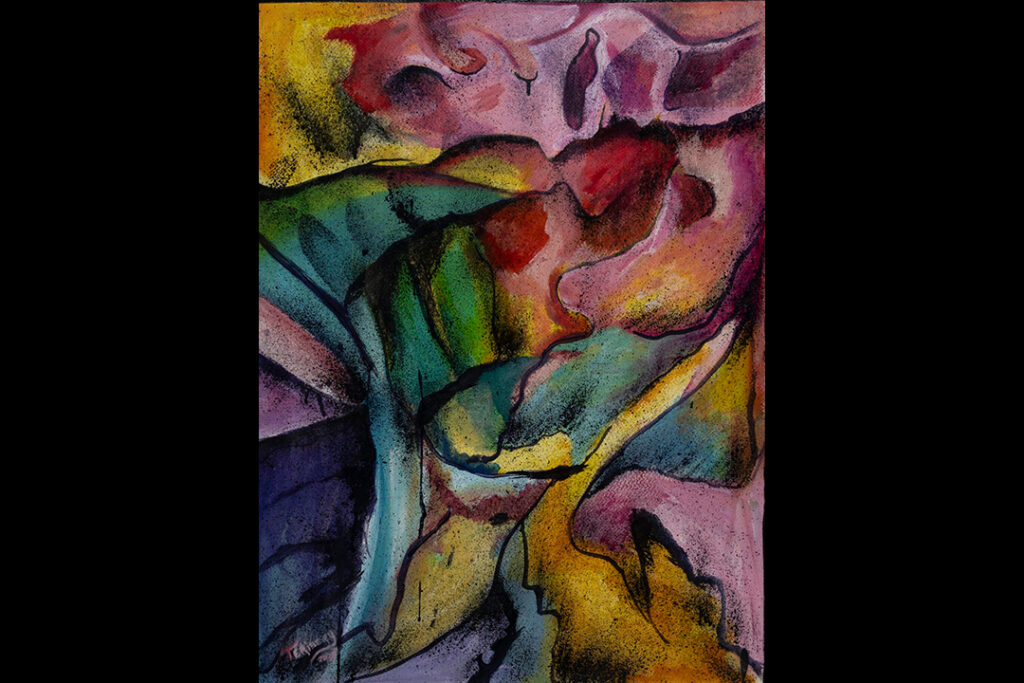Filling a gap: U-M students help combat Michigan’s shortage of rural dentists

Northern Michigan resident Becky Klein was surprised to learn that the dentists at the Thunder Bay Community Health Service clinic were students from the U-M School of Dentistry. They turned out to be just as competent and professional as seasoned practitioners, she said, and excellent communicators.
-
The Futurist: Duderstadt and the Media Union
His initiatives spanned the entire U-M campus. But James J. Duderstadt’s vision of higher education’s future — or, more accurately, his ideas for how to bring that future about — came into focus in a single building that rose at the center of North Campus during his U-M presidency. Welcome to the ‘Dude.’
-
Michigan Law’s Leah Litman on SCOTUS and the rise of the ‘new substantive due process’
Substantive due process is the idea that the Constitution protects certain rights not explicitly or specifically mentioned in its text, but which are a component of the liberty that is protected by the due process clause. In addition to abortion, it has been applied to things like criminalizing contraception or intimate relationships between adults.
-
COVID-19, 5 years on: Lingering impacts and pandemic preparedness
March 11 marked five years since the World Health Organization declared COVID-19 a global pandemic. U-M experts look back on successes and failures in public health and medicine; discuss continued effects in education, business and society; and offer insights on how prepared we are for a future pandemic.
-
U-M takes proactive measures related to federal funding
The University is instituting new requirements to reduce spending as a “buffer against negative, long-term impacts on operations” stemming from federal funding cuts. The requirements involve hiring, budgets, and spending and are effective immediately.
-
Highly educated people face steeper mental declines after stroke
A Michigan Medicine study shows stroke survivors who have attended any level of higher education had faster declines in executive functioning — skills used to manage everyday tasks, such as working memory and problem solving — compared to patients with less than a high school degree.
-
A sporting chance
At the onset of the 20th century, women’s athletics expanded in the United States and at the University of Michigan. Women students took up tennis, archery, fencing, horseback riding, and more. The sidelines no longer sufficed, and women were determined to be on the field. But which field would that be?
Columns
-
President's Message
Reaffirming our focus on student access and opportunity
U-M seeks to ensure every student will rise, achieve, and fulfill their dreams. -
Editor's Blog
Peace out
It's a mad, mad, mad, mad world out there. -
Climate Blue
Keeping our focus on climate
As federal support for climate science wanes, Ricky Rood remains hopeful. -
Health Yourself
Are you an ‘ager’ or a ‘youther’?
Why do some people appear younger or older than people born in the same year?
Listen & Subscribe
-

MGo Blue podcasts
Explore the Michigan Athletics series "In the Trenches," "On the Block," and "Conqu'ring Heroes." -
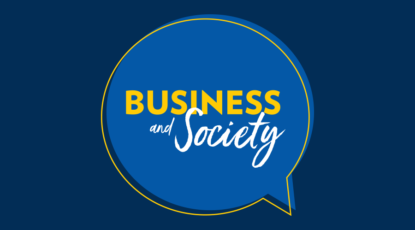
Michigan Ross Podcasts
Check out the series "Business and Society," "Business Beyond Usual," "Working for the Weekend," and "Down to Business." -

Michigan Medicine Podcasts
Hear audio series, news, and stories about the future of health care.
In the news
Creativity and connection across prison walls
One of the world’s largest and longest-running exhibitions of incarcerated artists is back with new programming designed to foster connection and deepen public understanding of incarceration in Michigan. The 29th annual Exhibition of Artists in Michigan Prisons, curated by U-M’s Prison Creative Arts Project, showcases 772 artworks by 538 artists incarcerated in 26 state prisons. The Duderstadt Center Gallery on U-M’s North Campus is presenting the artwork through April 1.

